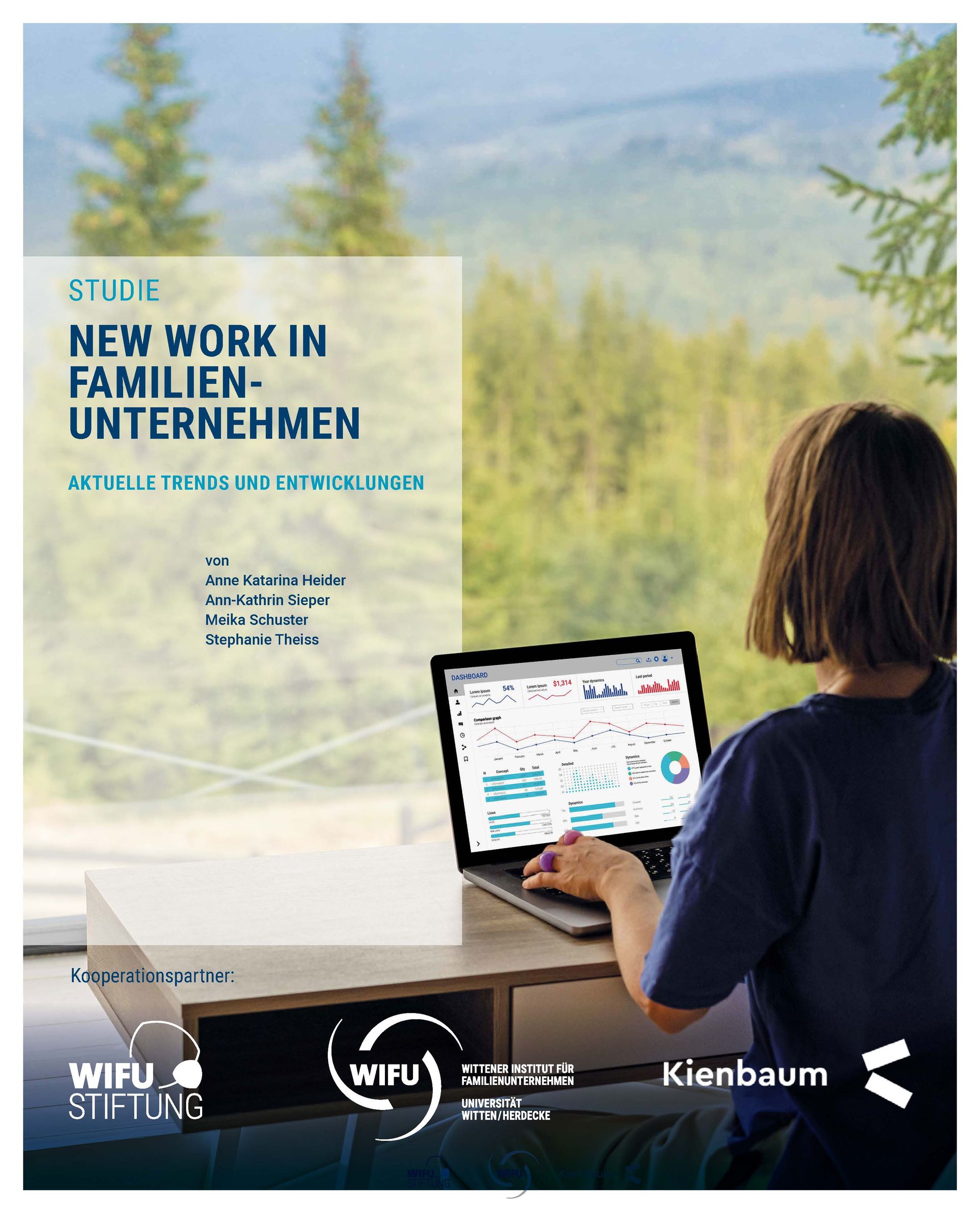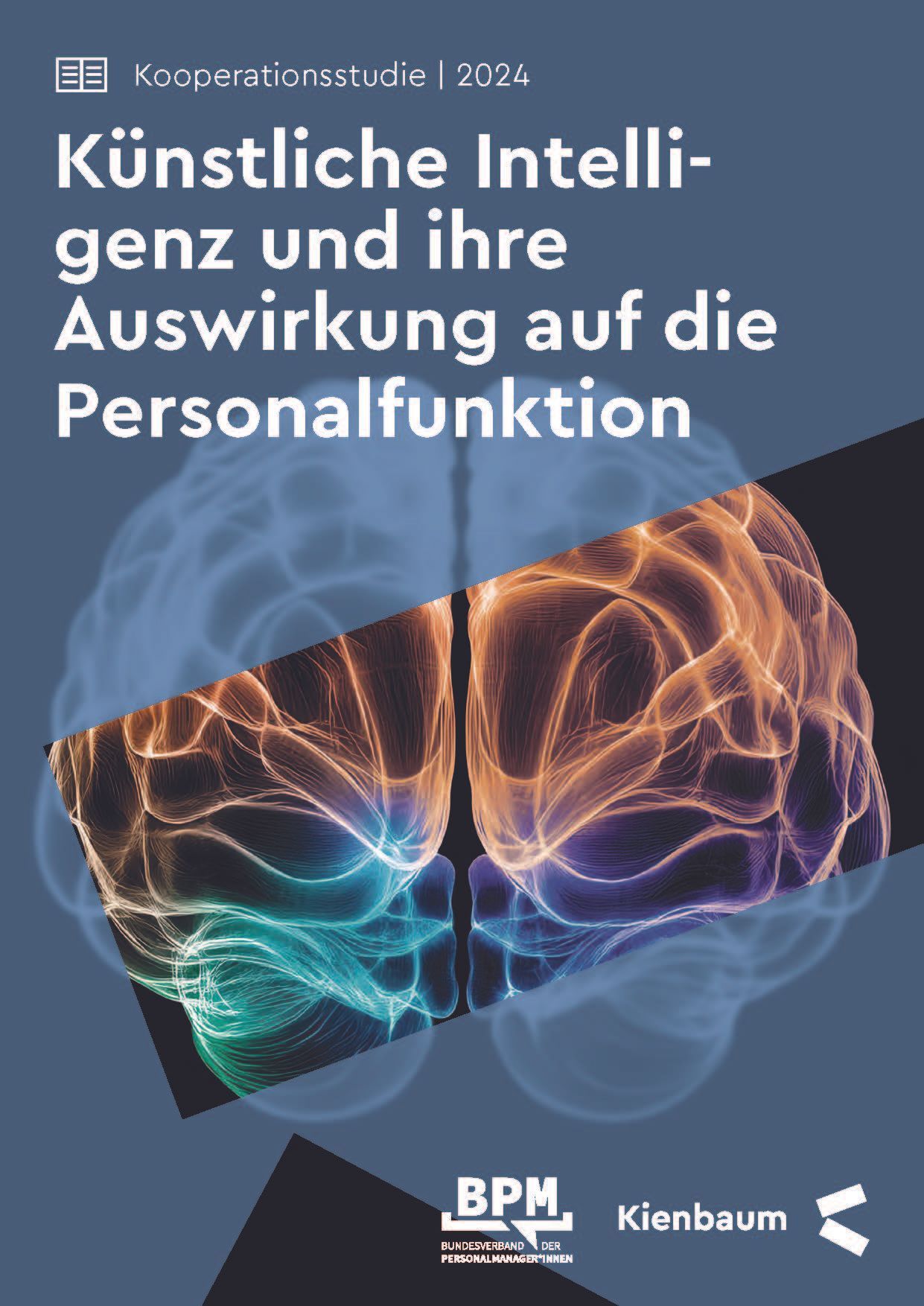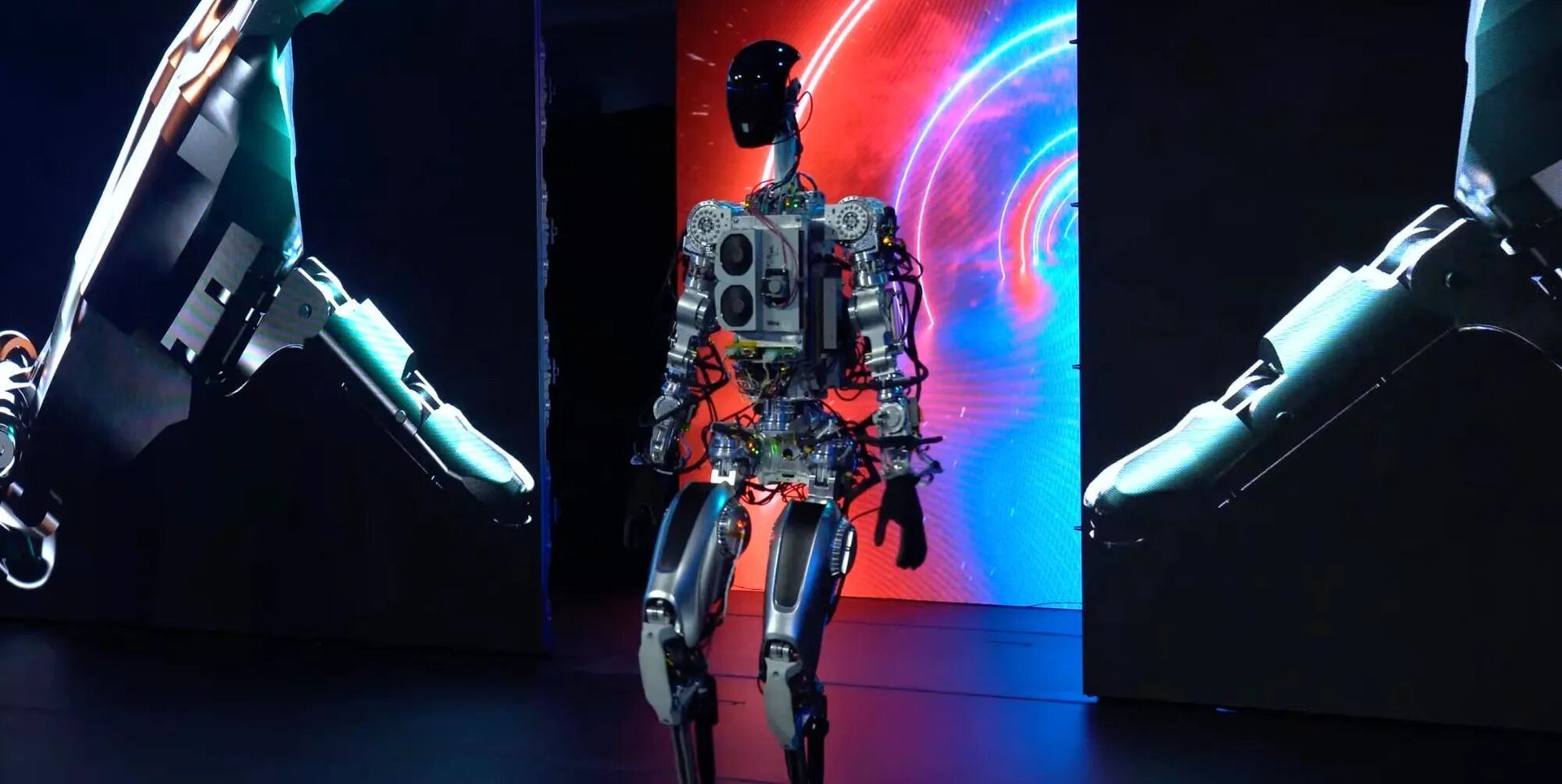Trends and Strategies for the Future
New Work in Family Businesses
The evolution of work in family businesses
The labor market is changing rapidly. Digitization, the rise of remote working, and the expectations of younger generations have led to fundamental shifts in how companies operate. This is especially true for family businesses, which often balance tradition and innovation. Recent research from our German colleagues at Kienbaum and the Wittener Institut für Familienunternehmen (WIFU) sheds new light on how family businesses are embracing the concept of 'New Work'.
These insights are not only relevant to the German market but also offer valuable lessons for Dutch family businesses, start-ups, and private equity firms investing in innovative organizational structures.
What is New Work?
The term 'New Work' was originally introduced by social philosopher Frithjof Bergmann and represents a new way of working that prioritizes flexibility, self-direction, creativity, and meaning. In practice, this includes:
- Flexible work models: such as remote work, hybrid working, and flexible hours.
- Self-managing teams: less hierarchy and more autonomy for employees.
- Digital transformation: leveraging technology to work more efficiently and intelligently.
- Focus on well-being: work-life balance and mental well-being as key HR strategies.
For family businesses, this presents a challenge: how do you maintain core values and corporate culture while simultaneously becoming a modern and attractive employer?
Challenges and opportunities for Dutch family businesses
The research shows that many family businesses are still in a transition phase regarding New Work. While most companies recognize that change is necessary, implementation is often fragmented. The key challenges include:
Leadership and change management: Many family businesses still operate with strong hierarchies. A shift toward self-management requires not only new structures but also a change in leadership mindset.
Attracting and retaining talent: With a tightening labor market, staying attractive to young talent is crucial. A flexible and modern work environment is an important factor.
Digital infrastructure: The adoption of technology is often a stumbling block. Digital tools can facilitate hybrid working, knowledge sharing, and more efficient collaboration.
At the same time, there are many opportunities. Family businesses naturally have a strong connection with employees and a long-term vision. This provides an opportunity to build a sustainable and people-centered work culture where innovation and loyalty go hand in hand.
Concrete strategies for successful transformation
Based on the research findings, we have identified three key strategies for Dutch family businesses looking to embrace New Work:
- Create a shared vision Start with a clear definition of what New Work means for your organization. Involve both management and employees in this process to ensure everyone takes ownership of the change.
- Experiment with flexible work models Implementing flexible working hours, remote work, and project-based collaboration can help build a more attractive employer brand. Test different models and evaluate what works best for your organization.
- Develop a modern leadership style The role of managers is changing: less control, more coaching, and facilitating leadership. Investing in leadership development and training can help ensure a smooth transition.
New Work as a competitive advantage
Dutch family businesses that adapt to new ways of working will not only strengthen their position in the labor market but also increase their agility and capacity for innovation. By combining a strategic approach with the unique strengths of family businesses—such as strong values, a long-term vision, and commitment—they can stand out in a rapidly changing economy.
Curious about how your organization can benefit from New Work? Contact
Hans Jonkers for a strategic consultation and discover how we can create a future-proof work culture together.













